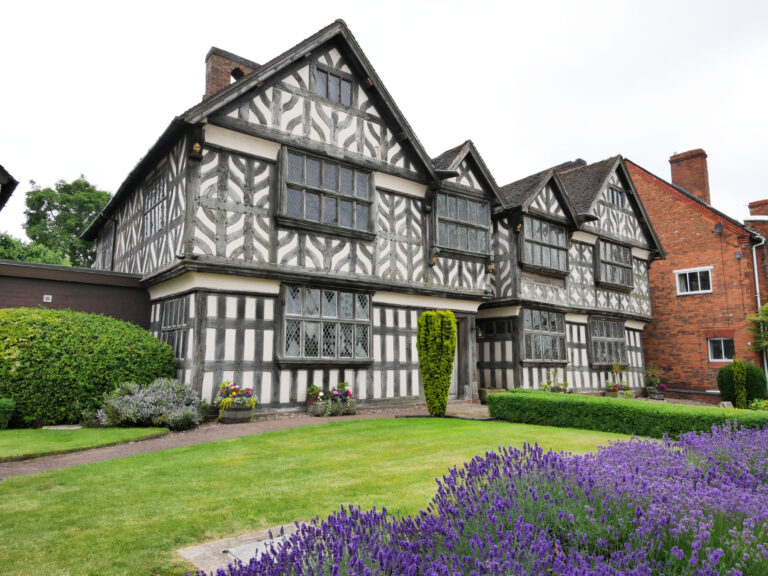
Nantwich
Nantwich Sales & Lettings, Wright Marshall,
56 High Street, Nantwich, Cheshire, CW5 5BB
For those house hunters looking to take their first step on the property ladder, Government backed schemes are an increasingly popular route. The Help to Buy Equity Loan is one such scheme which is much discussed – a Government five-year interest free loan to help first time buyers buy a new build property by boosting their deposit. But what about the lesser-known Shared Ownership scheme?
Shared Ownership is a scheme whereby house hunters part-buy and part-rent a property. Buyers purchase a certain percentage of the property (usually between 25-75%) to begin with, and then can buy more as and when they would like. But what about the rest of the property? Until the time (and desire) comes to buy the whole property, buyers simply pay a subsidised rent on the rest.
There are, of course, certain criteria which must be met in order to be eligible for Shared Ownership. The first limit is income – the maximum annual income you can have as a household combined is £80,000 per year. Those looking to take advantage of Shared Ownership must also prove that they are British citizens who do not own a home anywhere else in the word; and that this is their first home purchase ever, or first after a relationship breakdown.
The benefits of Shared Ownership are that you only have to pay a mortgage on the part of the home you buy, leading to smaller monthly mortgage repayments overall – which also means that you don’t need a large deposit. Finally, there is no pressure to buy the whole of the property – if you decide to move or simply stay paying the same and owning the same percentage of the property, that’s your choice.
But what about if you decide that you want to own the whole property? This can be done through a process called ‘staircasing’ – whereby you pay more for ownership of the homes, leading to less being paid in rent. The first step is get in contact with the housing association who co-own your home, and to a financial advisor who will help organise the higher payments – this is usually done through borrowing higher amounts from your existing mortgage lender or re-mortgaging.
Should the housing association agree for you to staircase, your property will need to be re-valued, in order to determine the value of your additional payments. Those looking to staircase their property should be aware that it is not only the costs of additional payments they must factor in – they must also cover the costs of the RICS accredited surveyor, conveyance with the solicitor and financial advisor, as well as Stamp Duty. Finally, any rent arrears under the lease agreement must be paid to your housing provider upon completion.
If you’re a first time buyer and would like to know more about how you can get your foot on the property ladder, whether through Shared Ownership or otherwise, get in touch with our team of experts today.
Lorem ipsum dolor sit amet, consectetuer adipiscing elit. Donec odio. Quisque volutpat mattis eros.
Lorem ipsum dolor sit amet, consectetuer adipiscing elit. Donec odio. Quisque volutpat mattis eros.
Lorem ipsum dolor sit amet, consectetuer adipiscing elit. Donec odio. Quisque volutpat mattis eros.